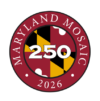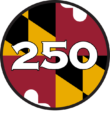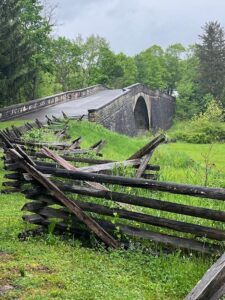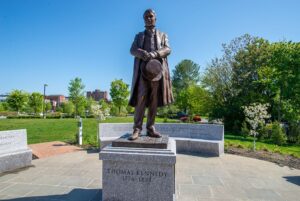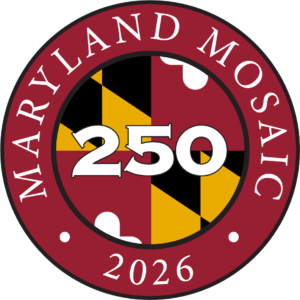James W. Rouse (1914-1996) unveils plans for Columbia, a carefully planned city in Howard County with the purpose of avoiding “spot development” by featuring jobs, schools, shopping and medical services and a range of housing choices. The new town soon gains national recognition as the “Next America”.
James Rouse, a native of Easton, is a highly successful developer of the housing and shopping center industry. In 1966, creating the Rouse Company from other corporations, he begins developing a model city that promoted what Rouse called “joyous living”.
Quietly buying property in Howard County between Washington and Baltimore, Rouse is searching for the small-town feel of his youth. He and his master planners call for 10 self-contained villages with the Mall of Columbia and Lake Kittamagundi as their center. One of the highlights is the Wilde Lake High School in 1971, a model open classroom style “School for the Nation”. Rouse claims Columbia is “the best place in the country to raise a family.” Early on, interracial married couples find Columbia to be a haven.
Today, Columbia has 105,000 residents and is the second most populous city in Maryland. The Columbia Association still has bold plans for the community’s expansion.
